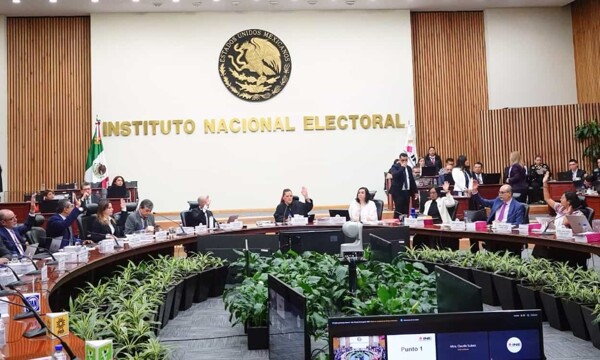
The exercise of politics has a significant influence on the conditions under which economic institutions develop. It is a challenge to map a route to improve political institutions and achieve inclusive economic institutions, but the importance of the state as a political entity to enforce the law and regulate the activity of economic actors is highlighted. In this sense, it is crucial to strengthen the role of Superior Oversight.
In a context where reducing inequalities globally is sought, strengthening state capacities and public administration becomes a priority. Recent research, which goes beyond the usual perspectives of economists, emphasizes that the economic problem is closely linked to the distribution of resources, rather than their availability.
According to Nobel laureates in Economics, the success or failure of a country is determined by its political institutions, as these in turn impact economic institutions. Inclusive institutions are those that promote the participation of the majority of people in economic activity.
Awardees Daron Acemoglu, Simon Johnson, and James A. Robinson are recognized for their neo-institutionalist approach that highlights the crucial role of institutions in economic development. Their work focuses on analyzing historical processes to understand the importance of institutional rules of the game.
Within the framework of the Federal Public Administration, an induction guide has been published that provides guidance on oversight, transparency, and responsibilities in state institutions. Improving the functioning of public organizations has a direct impact on the quality of economic institutions and, therefore, on the equitable distribution of wealth.
The awarded researchers argue that the economic problem has political and social roots, and that differences in institutions between countries explain global inequalities. Their contributions are fundamental to understanding the foundations of poverty and prosperity in the world.














